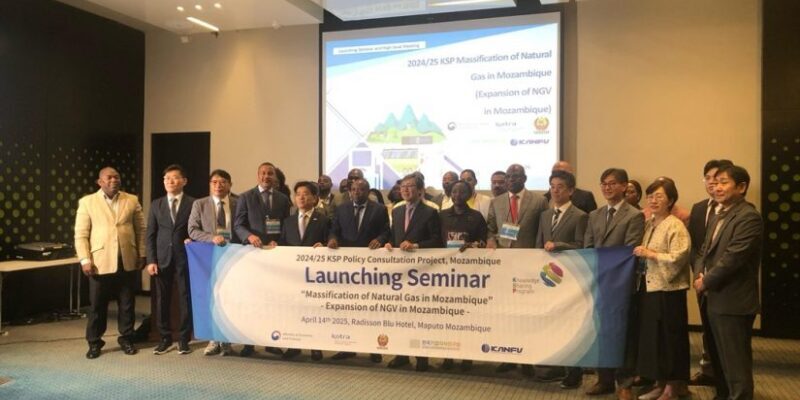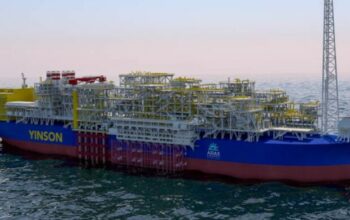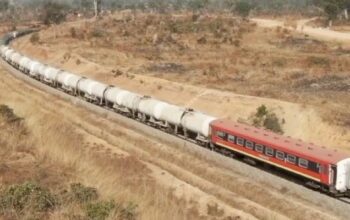A delegation of South Korean experts met with the Mozambican government on Monday, October 14, in Maputo for a seminar focused on promoting the widespread use of vehicular natural gas.
The initiative comes at a critical time, as Mozambique faces ongoing challenges with liquid fuel imports.
Opening the seminar, South Korean Ambassador Bok-won Kang expressed his country’s pride in supporting Mozambique’s efforts to adopt cleaner and more sustainable energy solutions.
He noted that South Korean companies have previously collaborated with Mozambique on major projects, including those in the Rovuma Basin.
“We are pleased to contribute to a project that brings real benefits to the people. This initiative seeks to develop a strategic framework for the use of natural gas in the transport sector,” said Kang, adding that South Korea embarked on a similar journey in the early 2000s.
He emphasized that South Korea’s success in this area was driven by strong cooperation among government institutions, which enabled the development of the necessary infrastructure.
“We look forward to working closely with the Mozambican government to achieve meaningful results,” Kang said.
Representing the Mozambican government, António Manda, Permanent Secretary of the Ministry of Mineral Resources and Energy (MIREME), welcomed the initiative organized by KOTRA, the commercial arm of the South Korean Embassy.
He stressed the importance of this partnership for Mozambique’s transport sector, especially in light of fuel import constraints.
“We recognize that the use of vehicular gas is not yet widespread in our country due to limited infrastructure, particularly filling stations, and the challenges involved in converting petrol and diesel vehicles to gas,” Manda said.
Currently, Mozambique has six natural gas filling stations, 400 vehicle conversion workshops, and approximately 4,000 gas-powered vehicles—mostly concentrated in Maputo city and province.
To address these limitations, the government aims to expand infrastructure, starting with a southern corridor from Maputo to Inhambane.
This expansion will leverage existing gas production from the Temane and Secunda gas fields and infrastructure operated by Sasol, a South African petrochemical company.
The government has earmarked US$5 million for the project, which is expected to begin later this year. “We are in discussions with our partners to scale up the number of gas filling stations, but additional investment is still needed,” said Manda.
![]()




